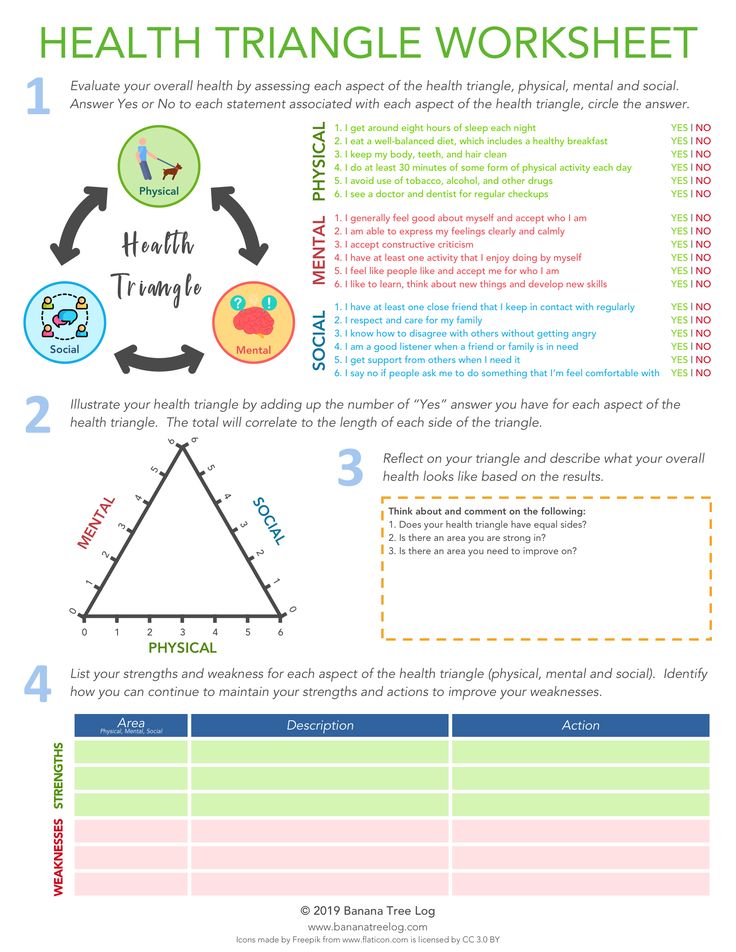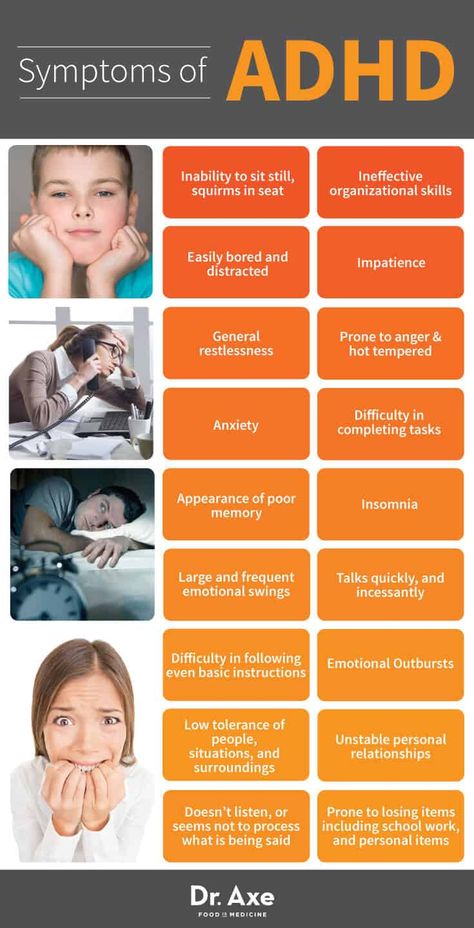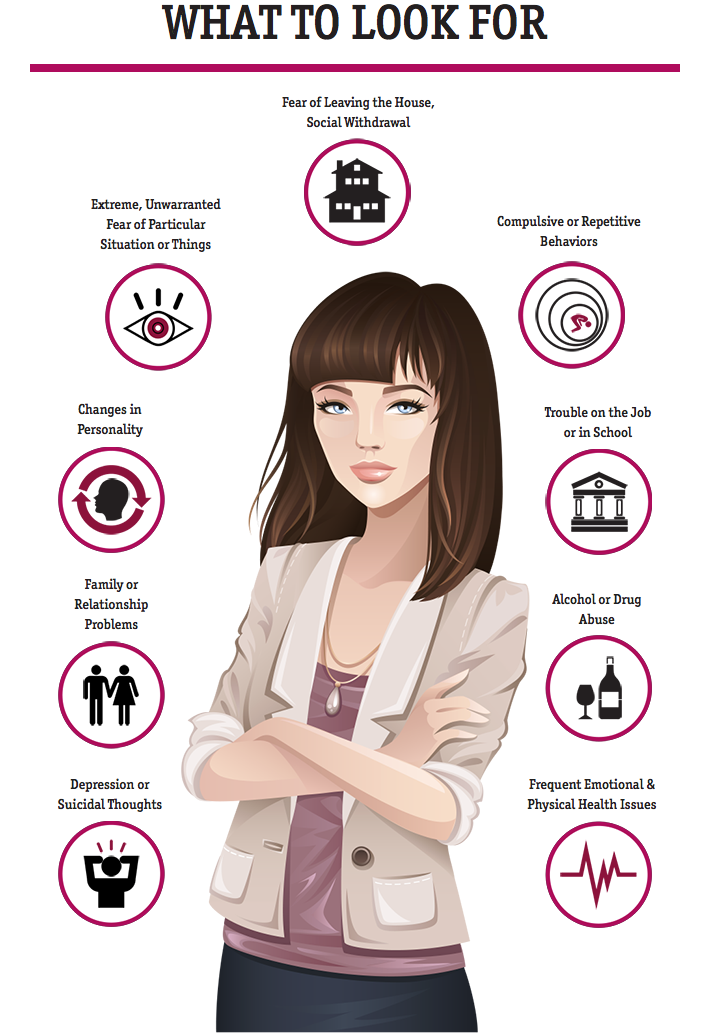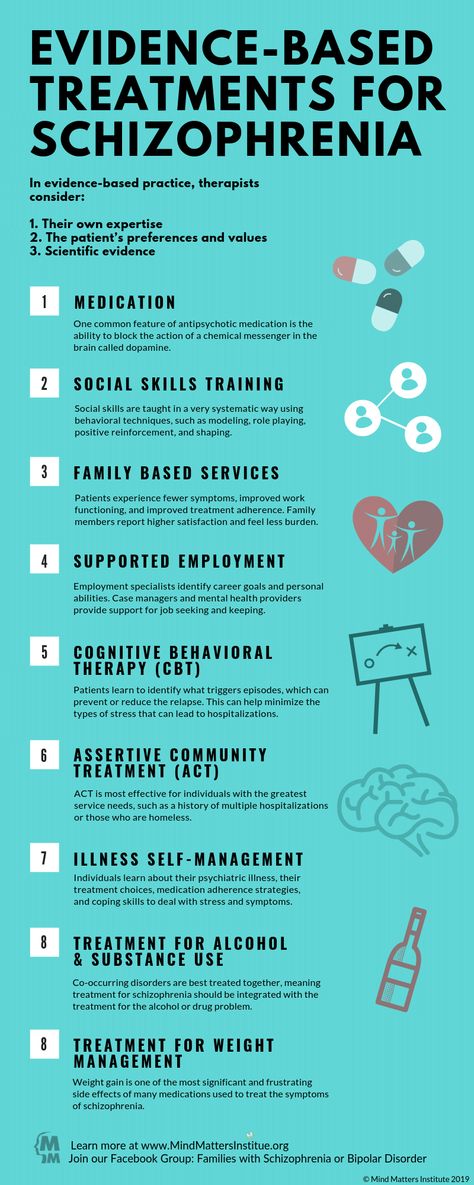What is a mental health evaluation
What to Expect During a Mental Health Evaluation
Mental health evaluations assist mental health professionals in diagnosing and treating mental illness and co-occurring disorders. Learn what to expect before, during and after a mental health evaluation.
Article at a Glance:
- Mental health evaluations give professionals an overview of a person’s condition through questions and tests.
- Evaluations can help diagnose many different mental health disorders.
- You can prepare yourself for a mental health evaluation by thinking about how long your symptoms last, how often they occur and what triggers them.
- Written and verbal questions, a physical exam and basic lab tests may be used during a mental health evaluation.
- You might consider getting a second opinion from another professional after an evaluation.
A mental health evaluation gives a doctor, counselor, psychologist or other licensed professional a picture of the way a person feels, reasons, thinks and remembers. Through a series of questions and physical tests, a professional can diagnose a number of mental disorders.
Some mental disorders an evaluation may help diagnose include:
- Depression and mood disorders
- Anxiety disorders
- Eating disorders
- Attention Deficit hyperactivity disorder (ADHD)
- Post-traumatic stress disorder (PTSD)
- Substance abuse and addictive disorders
- Bipolar disorder
- Schizophrenia and psychotic disorders
In addition to determining if a person suffers from a mental condition, the evaluation can help determine whether a person has co-occurring substance use disorder. An evaluation can also help rule out a physical cause for the health symptoms, such as thyroid disease.
People shouldn’t be nervous about a mental health evaluation. Evaluations can help professionals understand an individual’s mental health needs and determine a treatment plan or path to recovery.
- Professionals who specialize in mental health include:
- Psychiatrists can diagnose and treat mental health disorders.
 They can prescribe medication.
They can prescribe medication. - Psychologists have doctoral degrees but not medical degrees. They can diagnose and treat disorders, but they cannot prescribe medication. Some have a special license to do so.
- Licensed clinical social workers have master’s degrees and training in mental health. They can’t prescribe medication but work with providers that do.
- Licensed professional counselors have master’s degrees and offer counseling on a variety of mental health issues. They can’t prescribe medication but work with providers that do.
According to the American Psychiatric Association, a few signs and symptoms may indicate the need for a mental health evaluation. Catching a mental health disorder early may prevent it from getting worse or stop it from happening.
Some symptoms include:
- An unusual drop in functioning at work or school and in daily activities
- Changes in sleep or appetite
- Difficulty with memory, thinking and other mental tasks
- Exaggerated beliefs about personal powers or magical thinking
- Feeling disconnected from surroundings
- Heightened sensitivity to sight, touch, sound or taste
- Loss of desire, apathy
- Mood changes
- Paranoia or fear or others
- Unusual behavior
- Withdrawal or loss of interest from activities
How to Prepare for a Mental Health Evaluation
Nothing special is required to prepare for an evaluation.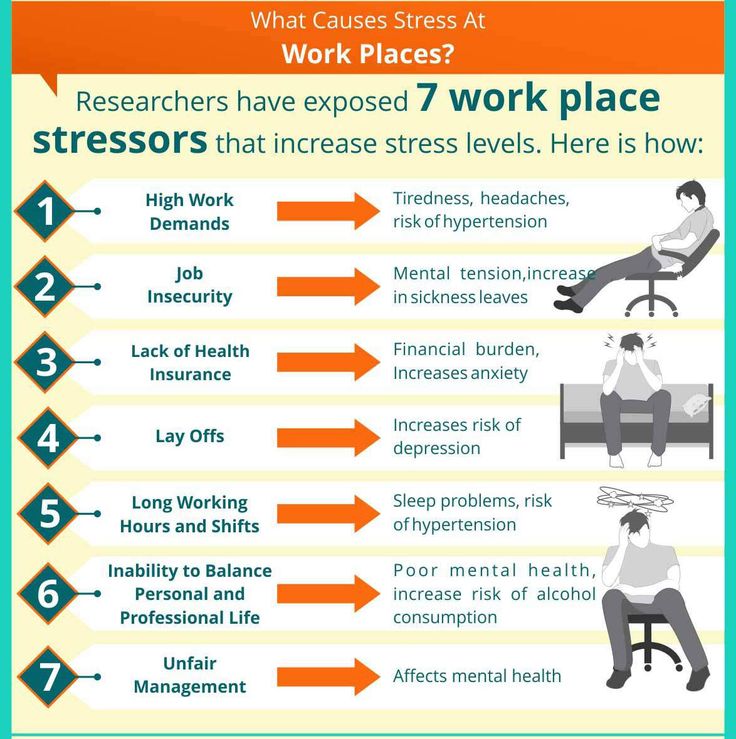 However, it is a good idea to think about the reasons for the assessment. Writing in a journal about thoughts and feelings in the days and weeks before the evaluation appointment may also help.
However, it is a good idea to think about the reasons for the assessment. Writing in a journal about thoughts and feelings in the days and weeks before the evaluation appointment may also help.
Some things to think about include:
- Mental health symptoms
- Troubling thoughts and behaviors
- Events that may make the symptoms worse
- How long the symptoms last
- How often the symptoms occur
It is also important to think about what the goals and expectations of therapy are. If there are substance abuse issues, make a list of all prescription or street drugs and substances. You don’t have to attend an evaluation alone. Take a friend or family member for company and support if necessary.
You may want to consider the costs associated with the evaluation. Typically, if health insurance covers the visit, there is no need to discuss fees. If the visit is not covered by insurance, the therapist may ask about your financial situation in order to negotiate a fee.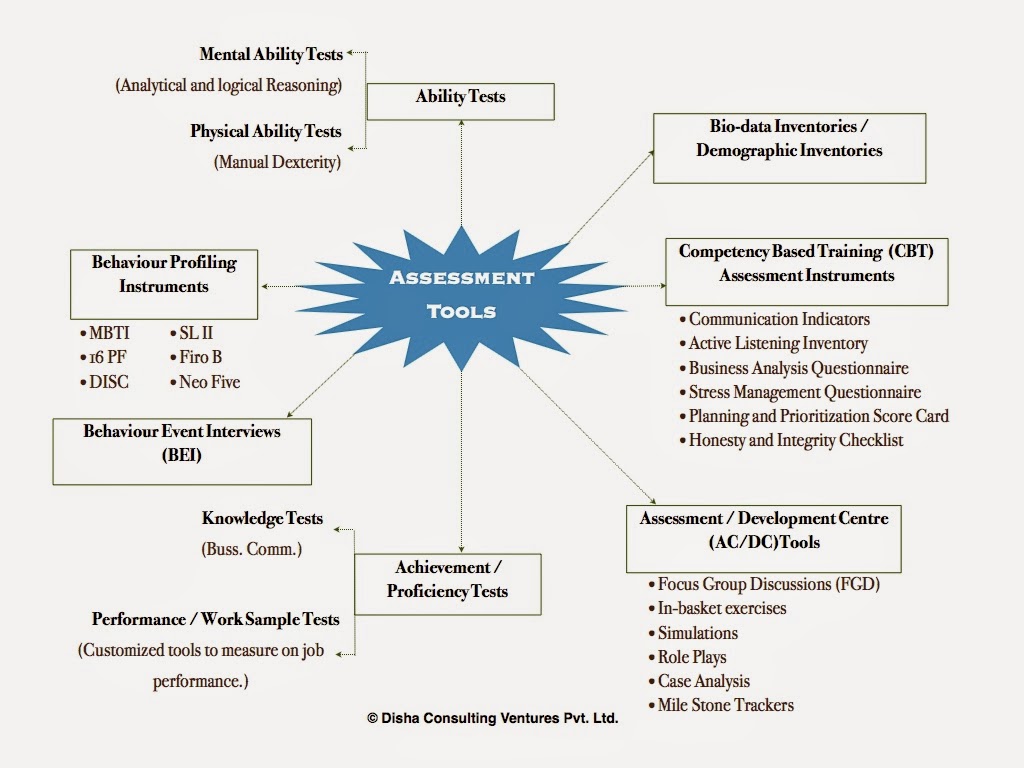 Some may ask for pay stubs or other documentation to help determine the cost to you.
Some may ask for pay stubs or other documentation to help determine the cost to you.
A mental health evaluation is an interview between the person being evaluated and their therapist or doctor. The mental health professional will likely use a combination of interview questions and a written questionnaire. If the professional is a doctor, he or she may also do a physical examination or basic lab tests to rule out physical diseases.
Suicide and Violence Risk Assessments
One of the very first things a licensed professional will do is evaluate an immediate need for help or psychiatric intervention. He or she will have to determine if the person seeking help is a danger to themselves or others. The professional will observe the person, ask questions and use their clinical experience to gauge this.
“There is a suicide protocol if you feel someone is distraught,” Bingham says. “Therapists are mandated to send people to a hospital for help if they are suicidal.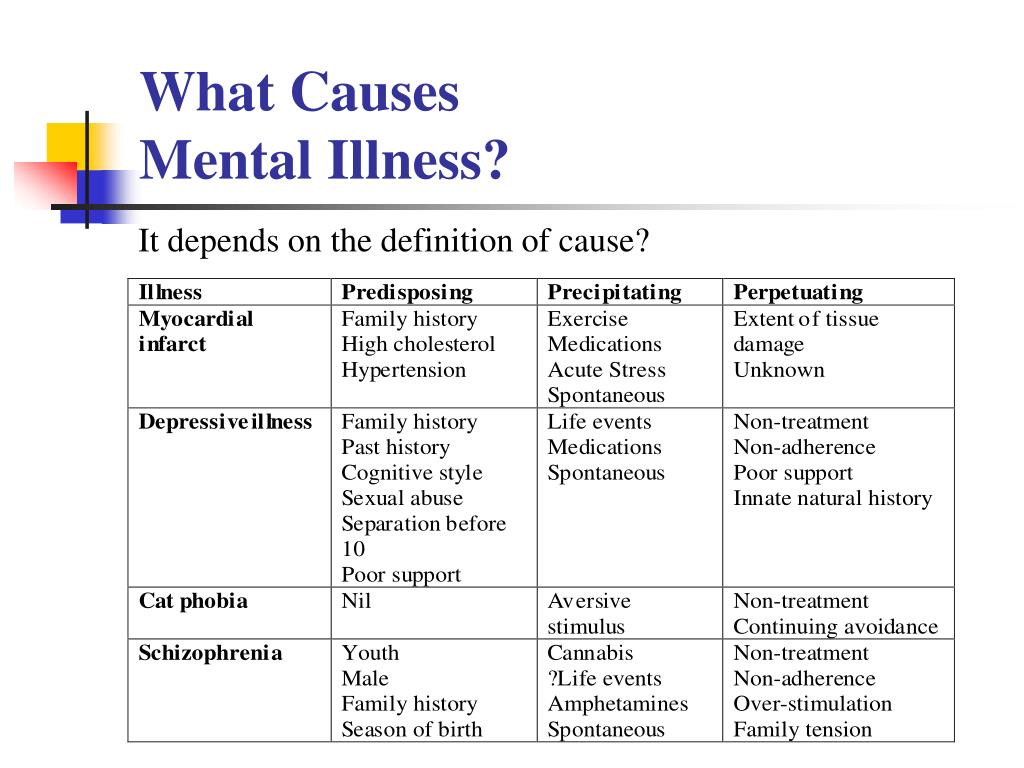 ”
”
Authorization and Consent Forms
Before the evaluation can begin, mental health professionals will ask for any necessary signed consent or authorization forms. They need these to get medical records, medical history, medication history and other information.
There are also consent forms needed to give permission for professionals to discuss treatment with spouses and family members.
Interview and Written Questionnaire
Mental health professionals are more likely to ask detailed questions in the interview and written questionnaire. Medical doctors may rely more on basic questions and may refer a patient to a psychiatrist or therapist.
Common interview and questionnaire topics include:
- Current symptoms
- History of present illness
- Psychiatric history
- Medical history
- Family history
- Social history
- Substance use and abuse
Some sample questions could include:
- What words would you use to describe yourself? (Intelligent, Sensitive, Evil, Crazy, Sad, etc.
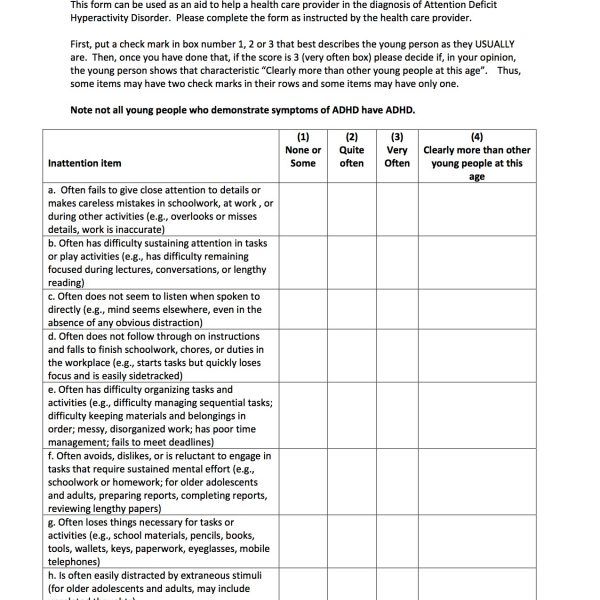 )
) - How many siblings do you have?
- What was your relationship like with your parents?
- How did your parents discipline you?
- Were you ever in a residential treatment center as a juvenile? Where? When?
- Have you ever been in therapy before?
- Are you currently on any medications for a mental disorder?
- Have you ever attempted suicide?
- Have you had any past psychological evaluations? If so, what were they for?
- Does anyone in your family suffer from mental health problems?
- Did you belong to a gang?
- How many DUIs have you had?
- What are your religious beliefs?
Other Tests
If a medical doctor conducts the evaluation, he or she may conduct a physical exam to rule out physical cause of mental disorder symptoms. This can include blood or urine tests. If they suspect a nervous system problem, he or she may order an MRI or CT scan.
For learning disabilities and other cognitive function issues, a psychologist may conduct aptitude and memory tests.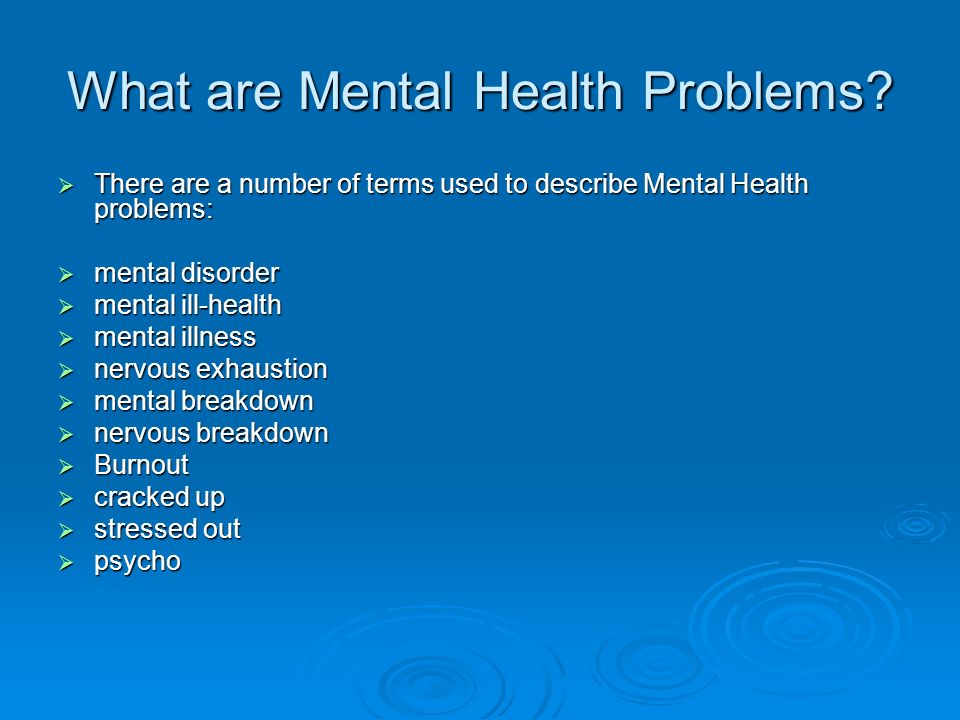
Questions to Ask
While the mental health professional or medical doctor will be asking a lot of questions, the person being evaluated should also ask questions. An important question to ask is “do you have experience with my particular symptoms or problem?’”
Other questions to ask include:
- How do you define mental health?
- What is your opinion on medication?
- What are your views on therapy?
- What are your views on addiction?
- What is your suicidality policy?
A person should ask questions until they feel sure that the mental health professional or doctor is capable of meeting their expectations for the appointment. If the mental health professional is evasive, condescending or seems reluctant to answer questions, consider that a red flag.
Getting Help and a Treatment Plan
After the mental health evaluation, the doctor or licensed mental health professional will review the results with you. Next, they will recommend a treatment plan.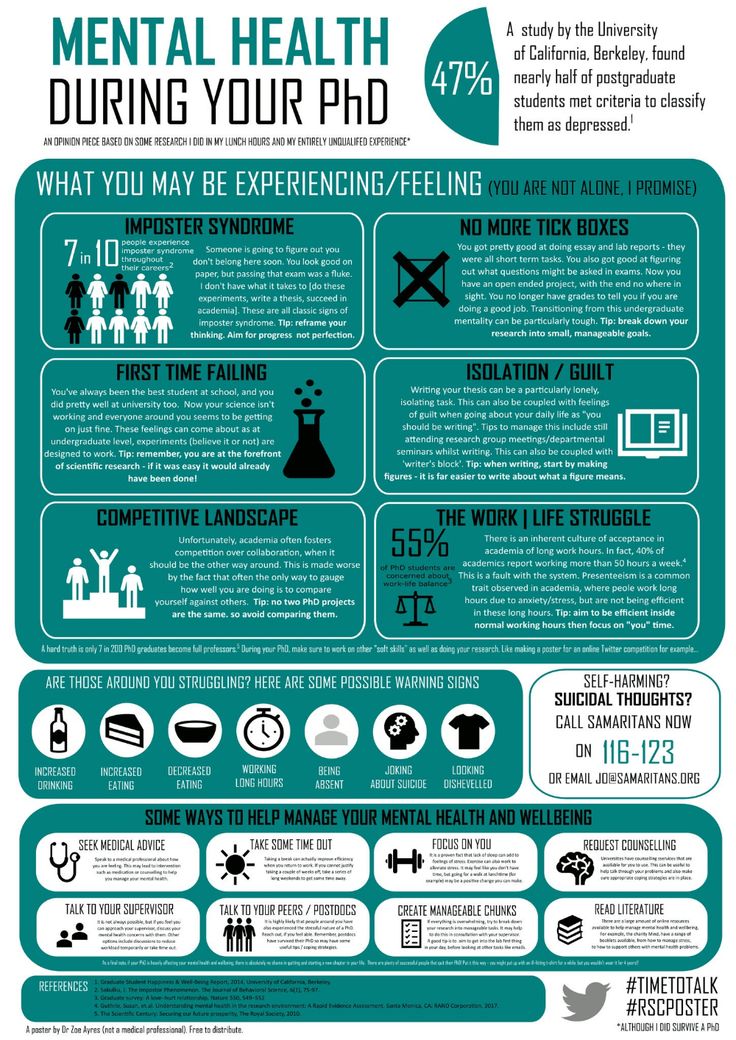 The plan may include psychotherapy or medication. Sometimes both may be necessary. In this case, a therapist or counselor may refer people to psychiatrists who can prescribe medication.
The plan may include psychotherapy or medication. Sometimes both may be necessary. In this case, a therapist or counselor may refer people to psychiatrists who can prescribe medication.
For people with co-occurring disorders, treatment plans may be more complicated. According to the National Institute on Drug Abuse, professionals should diagnose and treat psychiatric illness and substance use disorders simultaneously. Diagnosing these disorders may also be more difficult when a person abuses more than one substance such as alcohol, heroin or nicotine. Symptoms of mental illness and drug abuse also often overlap.
After the evaluation, people may seek a second opinion or consult another professional for additional treatment plan options.
If you or a loved one is facing addiction with a co-occurring mental health disorder, facilities like The Recovery Village specialize in treating both simultaneously. We have facilities across the country and work with each patient on an individualized treatment plan to meet their unique needs. Don’t wait to get the help you deserve. Contact us today.
Don’t wait to get the help you deserve. Contact us today.
Interested in learning more about a variety of different mental health topics? The Nobu app can help. It is free and for anyone that is looking to reduce anxiety, work through depression, build self-esteem, get aftercare following treatment, attend teletherapy sessions and so much more. Download the Nobu app today!
Editor – Renee Deveney
As a contributor for Advanced Recovery Systems, Renee Deveney is passionate about helping people struggling with substance use disorder. With a family history of addiction, Renee is committed to opening up a proactive dialogue about substance use and mental health. Read more
Medically Reviewed By – Dr. Kevin Wandler, MD
Kevin Wandler holds multiple positions at Advanced Recovery Systems. In addition to being the founding and chief medical director at Advanced Recovery Systems, he is also the medical director at The Recovery Village Ridgefield and at The Recovery Village Palmer Lake.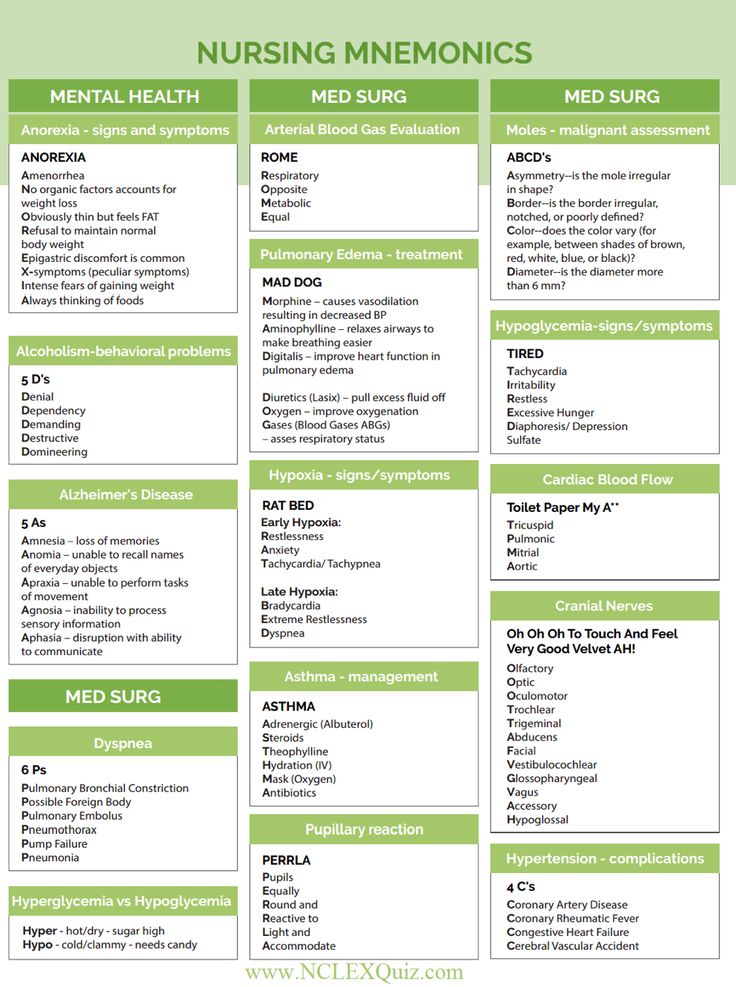 Read more
Read more
“Common Comorbidities with Substance Abuse Disorders.” National Institute on Drug Abuse, February 2019. Accessed May 17, 2019.
“Mental Health Screening.” Medline Plus, January 31, 2019. Accessed May 17, 2019.
Parek, Rannah. “Warning Signs of Mental Illness.” American Psychiatric Association, July 2018. Accessed May 18, 2019.
Medical Disclaimer
The Recovery Village aims to improve the quality of life for people struggling with substance use or mental health disorder with fact-based content about the nature of behavioral health conditions, treatment options and their related outcomes. We publish material that is researched, cited, edited and reviewed by licensed medical professionals. The information we provide is not intended to be a substitute for professional medical advice, diagnosis or treatment. It should not be used in place of the advice of your physician or other qualified healthcare providers.
Mental Health Assessment for Diagnosing Mental Illness
Written by Jennifer Rainey
In this Article
- What to Expect
- When a Child Needs an Assessment
- Concerned About a Loved One?
A mental health assessment is when a professional -- like your family doctor, a psychologist, or a psychiatrist -- checks to see if you might have a mental problem and what type of treatment may help.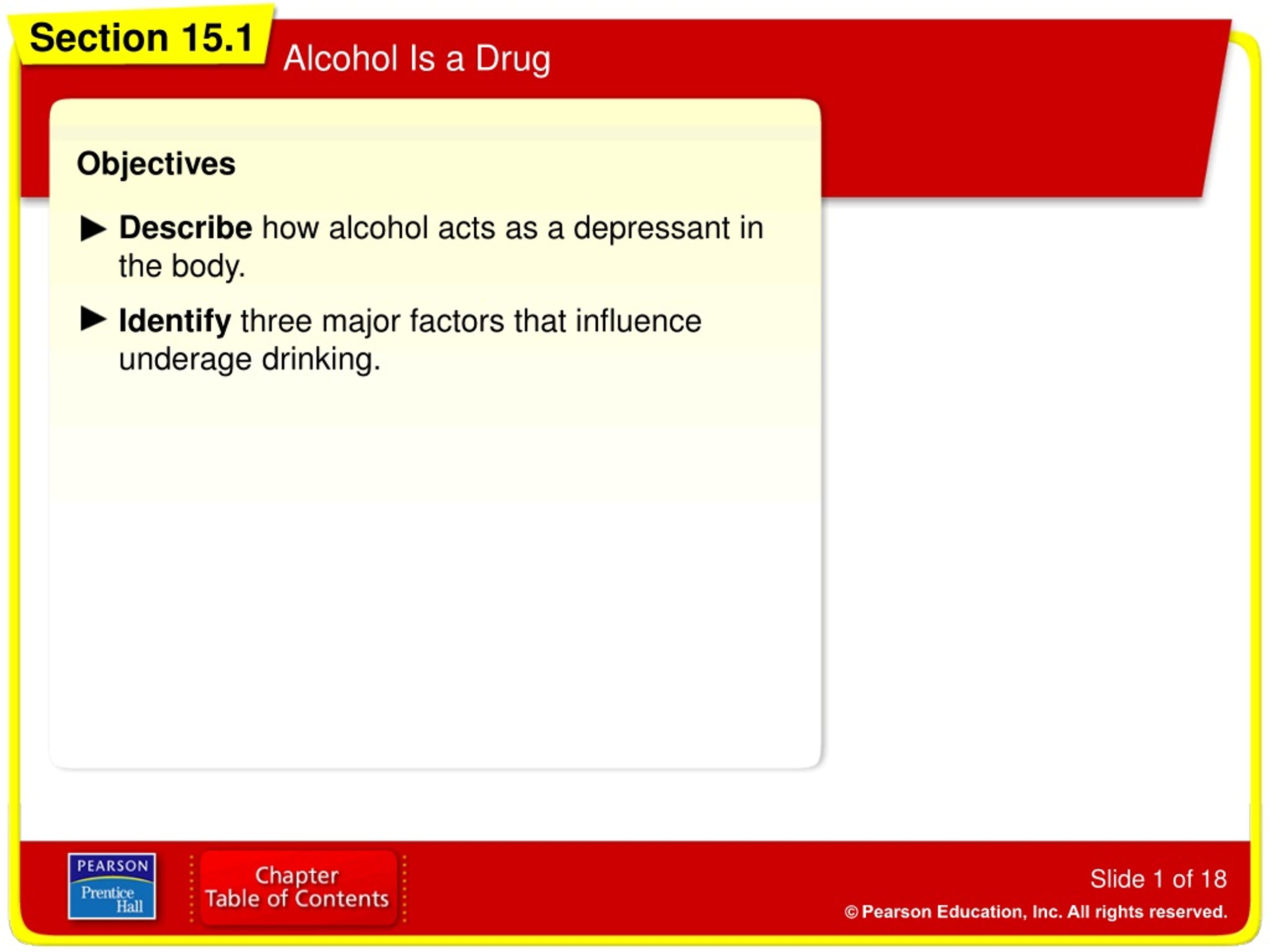
Everyone goes through tough times. But sometimes, the negative way someone feels inside -- depressed, anxious, wanting to avoid people, having trouble thinking -- may be more than the ups and downs most people feel now and then. If symptoms like these start to get in the way of your life, or that of a loved one, it’s important to take action. Research shows that getting help early can prevent symptoms from getting worse and make a full recovery more likely.
The first step is to get a mental health assessment. It usually involves a couple of different things. You may answer questions verbally, get physical tests, and fill out a questionnaire.
What to Expect
Physical exam. Sometimes a physical illness can cause symptoms that mimic those of a mental illness. A physical exam can help find if something else, such as a thyroid disorder or a neurologic problem, may be at play. Tell your doctor about any physical or mental health conditions that you already know you have, any prescription or over-the-counter drugs you take, and any supplements you use.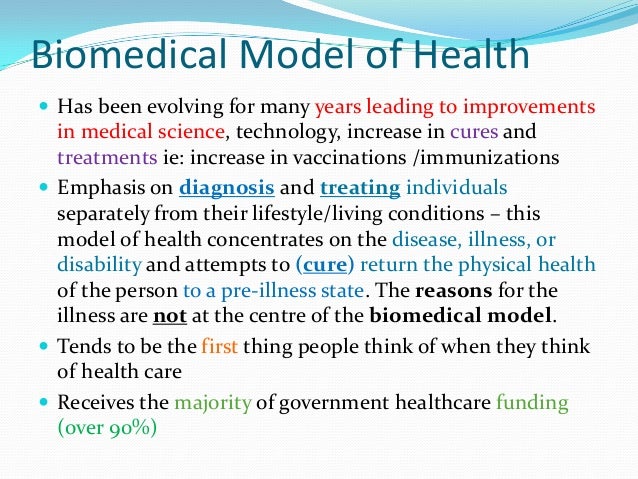
Lab tests. Your doctor may order bloodwork, a urine test, a brain scan, or other tests to rule out a physical condition. You will probably also answer questions about drug and alcohol use.
Mental health history. Your doctor will ask questions about how long you’ve had your symptoms, your personal or family history of mental health issues, and any psychiatric treatment you’ve had.
Personal history. Your doctor may also ask questions about your lifestyle or personal history: Are you married? What sort of work do you do? Did you ever serve in the military? Have you ever been arrested? What was your upbringing like? Your doctor may ask you to list the biggest sources of stress in your life or any major traumas you’ve had.
Mental evaluation. You’ll answer questions about your thoughts, feelings, and behaviors. You may be asked about your symptoms in more detail, such as how they affect your day-to-day life, what makes them better or worse, and whether and how you’ve tried to manage them on your own. Your doctor will also observe your appearance and behavior: Are you irritable, shy, or aggressive? Do you make eye contact? Are you talkative? How do you appear, compared with others your age?
Your doctor will also observe your appearance and behavior: Are you irritable, shy, or aggressive? Do you make eye contact? Are you talkative? How do you appear, compared with others your age?
Cognitive evaluation. During the assessment, your doctor will gauge your ability to think clearly, recall information, and use mental reasoning. You may take tests of basic tasks, like focusing your attention, remembering short lists, recognizing common shapes or objects, or solving simple math problems. You may answer questions about your ability to do daily responsibilities, like caring for yourself or going to work.
When a Child Needs an Assessment
Just like adults, children can get mental health assessments that involve a series of observations and tests by professionals.
Since it can be hard for very young children to explain what they’re thinking and feeling, the particular screening measures often depend on the child’s age. The doctor will also ask parents, teachers, or other caregivers about what they’ve noticed. A pediatrician can do these evaluations, or you may get referred to another professional who specializes in children’s mental health.
A pediatrician can do these evaluations, or you may get referred to another professional who specializes in children’s mental health.
Concerned About a Loved One?
If you think that a friend or family member is having symptoms, don’t be afraid to start a conversation about mental health. Let them know you care, remind them that mental illness can be treated, and offer to help connect them with a professional who can help.
Although you may not be able to force a loved one to seek diagnosis or treatment, you can raise concerns about their mental health with their general physician. Because of privacy laws, don’t expect any information in return. But if your family member is in the care of a mental health professional, the provider is allowed to share information with you if your loved one allows that.
If you think your loved one may harm themselves, that is an emergency situation. Call the National Suicide Prevention Lifeline at 800-273-8255 (800-273-TALK) or 911 immediately.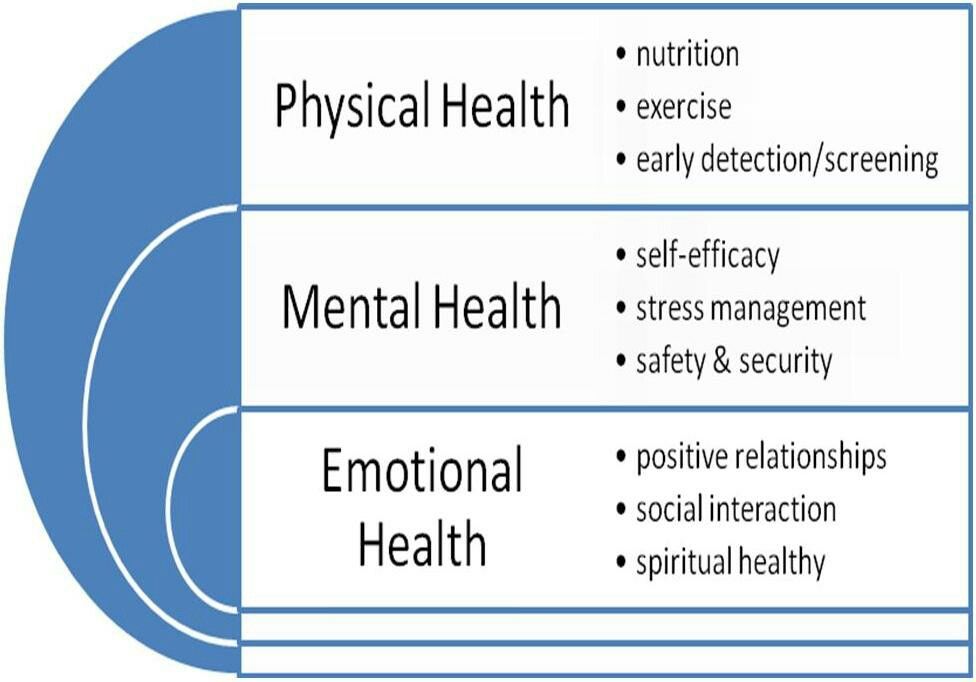
3. Methods and techniques for assessing mental health
Grade mental health is first total evaluation of the functioning of the total organism as a whole and the nervous system in in particular and comparison of the obtained results with the norm. As noted earlier, the definition of the norm of health - quite a difficult task. For intellectual-psychic sphere these The difficulty is even more pronounced because it has no set rules and relevant quantitative indicators. This is due to the large flexibility of functional characteristics nervous system and complex dynamics brain-environment relationship. That's why often significant unidirectional changes in various psychophysiological functions in one direction or another can talk about the positive reaction of the brain, psyche, and in another situation - about negative. It is often easier to evaluate Is there any violation than fit l and mental health this individual is normal, and much easier to detect violations in the field of "lower" neurological functions.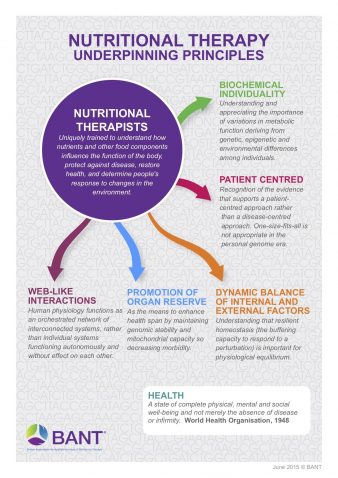 In reality, the task may be resolved by a complex biomedical and psychological examination. The final decision can be made only a specialist, but in the field of mental health - comparison of opinions several experts in neurology, psychiatry, psychoneurology, psychology, psychoanalysis. In some cases it may be necessary opinion and other professionals, for example, teachers. However, for current mental health assessment, self-control each person can use some simple tricks, not requiring special equipment and special knowledge. nine0003
In reality, the task may be resolved by a complex biomedical and psychological examination. The final decision can be made only a specialist, but in the field of mental health - comparison of opinions several experts in neurology, psychiatry, psychoneurology, psychology, psychoanalysis. In some cases it may be necessary opinion and other professionals, for example, teachers. However, for current mental health assessment, self-control each person can use some simple tricks, not requiring special equipment and special knowledge. nine0003
sign deterioration in health, including mental scope, is a decrease in performance. This is a very important integral indicator. If a decrease in mental performance accompanied by an increase in the number of errors (decreased ' attention), difficulties focus on the task (fall concentration), lethargy, apathy, loss of interest in work, learning are warning signals that along with vegetative changes (increase or decrease in heart rate, increased sweating, especially on the forehead and in armpits), headaches, it could either mean fatigue or fatigue, or worsening health.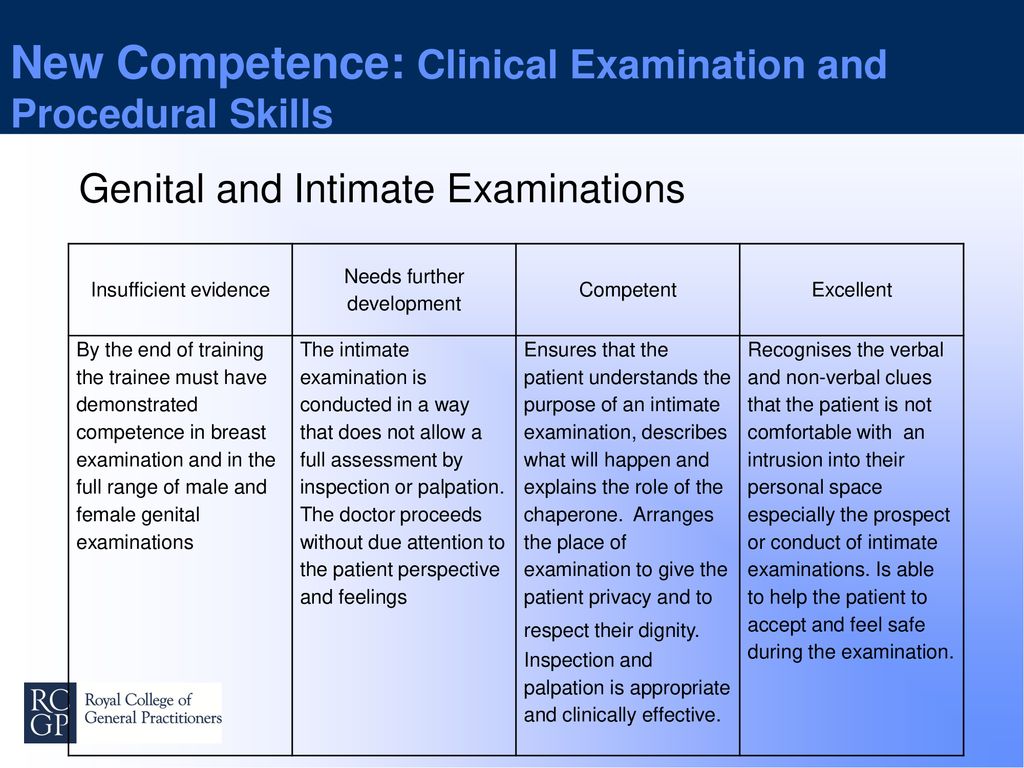 Fatigue after rest disappears, signs of disease or borderline state (neurosis) - usually not. There should be concern and increase in time required for full recovery. nine0003
Fatigue after rest disappears, signs of disease or borderline state (neurosis) - usually not. There should be concern and increase in time required for full recovery. nine0003
Group indicators that may indicate for psychosomatic disorders, pain and discomfort in
Emotions - subjectively experienced attitude person to various stimuli, facts, events, manifested in the form pleasure, joy, displeasure, grief, fear, horror, etc. emotional condition is often accompanied changes in the somatic (facial expressions, gestures) and visceral (change in frequency heartbeat, respiration, etc.) spheres. Structural and functional basis emotions is the so-called limbic system, which includes a number of cortical, subcortical and stem structures. nine0003
Formation emotions are subject to certain patterns. So, the power of emotion, her quality and sign (positive or negative) depend on the strength and quality needs and probabilities of satisfaction this need. In addition, very important role in emotional response time factor plays, so short and, as a rule, intense reactions called affects, and long and not very expressive - moods.
In addition, very important role in emotional response time factor plays, so short and, as a rule, intense reactions called affects, and long and not very expressive - moods.
Low probability of meeting the need usually leads to negative emotions, increased likelihood positive. It follows that emotions play a very important role assessment of an event, subject, in general irritation. Moreover, emotions are regulators of behavior, because they mechanisms are aimed at strengthening active state of the brain (in the case of positive emotions) or its weakening (when negative). And finally emotions play a supporting role in the formation of conditioned reflexes, and play a leading role in this positive emotions. Negative rating any impact on a person his psyche can cause a general systemic body reaction - emotional stress (tension). nine0003
Emotional stress is triggered by stressors. These include influences, situations, which the brain evaluates as negative, if there is no way to defend against them, get rid. Thus, the reason emotional stress is related to the impact. The nature of the reaction therefore depends on person's relationship to situation, impact and, consequently, from its typological, individual features, features of awareness socially significant signals or signal complexes (conflict situation, social or economic uncertainty, expectation unpleasant, etc.). nine0003
Thus, the reason emotional stress is related to the impact. The nature of the reaction therefore depends on person's relationship to situation, impact and, consequently, from its typological, individual features, features of awareness socially significant signals or signal complexes (conflict situation, social or economic uncertainty, expectation unpleasant, etc.). nine0003
AT the strength of social motives of behavior in big modern man the so-called emotional stress, caused by psychogenic factors, such as conflict between people (in the team, on the street, in the family). Suffice it to say what is heavy disease, like myocardial infarction, at 7 cases out of 10 is caused by conflict situation.
Increase the number of stresses is the reckoning of mankind for technical progress. One side, decreased the share of physical labor in production of material goods and everyday life. And this, at first glance, is a plus, so how it makes life easier. Nose On the other hand, a sharp decline impaired motor activity natural physiological mechanisms stress, the final link of which is there should've been just movement. Naturally, what it perverted and the nature of the flow life processes in the human body weakened his margin of safety. nine0003
Naturally, what it perverted and the nature of the flow life processes in the human body weakened his margin of safety. nine0003
At exercising stress through the system intermediary brain (its intermediate department) activates the pituitary gland, which releases the hormone ACTH adrenal glands. Simultaneously rises sympathetic nervous activity systems leading to enhanced performance heart, increased blood pressure pressure, increased clotting blood, etc. Ultimately, hormones and the nervous system is gradually raised human performance. This initial the stage of stress is called "anxiety", because it mobilizes the body for action against the stressor is the stage perestroika. It is characterized emotional excitement when different body mechanisms work under high pressure interaction between them is often disrupted, which may lead to temporary decrease in performance. In addition, in case of pathology or functional disorders in any organ system corresponding part organism can not withstand (for example, with an increase in blood pressure a blood vessel may burst if its walls are affected by sclerotic changes). nine0003
nine0003
On the second stage - "stability" - hormone secretion is stabilized, activation of the sympathetic system maintained at a high level. This allows you to cope with the unfavorable impact and maintain a high mental and physical performance.
Both the first stages of stress are combined into the whole is eustress. It's adaptive physiologically normal part of stress. Eustress enhances human performance.
However if the stressful situation lasts a very long time long or stressful factor turned out to be very powerful, the adaptive mechanisms organisms are exhausted. This is the third stage - "exhaustion", when performance decreases, immunity, stomach ulcers and intestines. Therefore, the third stage of stress is pathological and is designated like distress. It's actually a decapitation organism. Most often, the development of negative consequences is determined by emerging in response to a stressful situation negative emotional reactions.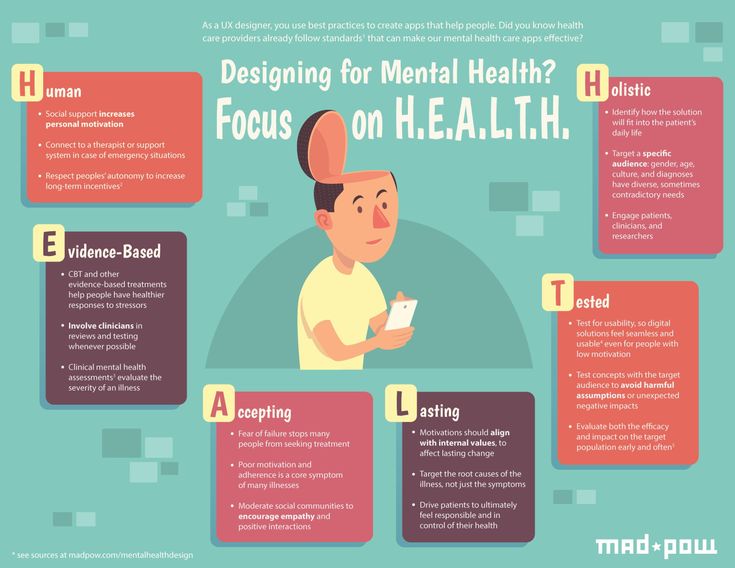 Negative emotions in turn increase the flow of stress, so This stage is characterized by mental decapitation. nine0003
Negative emotions in turn increase the flow of stress, so This stage is characterized by mental decapitation. nine0003
For modern man the most important stressors are emotional. Modern life in all its manifestations very often causes a negative emotions. The brain is constantly overexcited and tension builds up. If a man doing fine work or doing mental work, emotional stress, especially lengthy, can be disorganizing his activities. It means that stress, or rather eustress, loses its adaptive value and becomes in a row cases even harmful to a person, his activities. So emotions become a very important factor in healthy conditions human life. nine0003
Decrease stress or its undesirable consequences could motor activity, that optimizes relationships between different vegetative systems, is an adequate "application" stress mechanisms.
Motion is the final stage of any brain activities. Due to the systemic organization human body movement closely associated with the activities of internal organs. This conjugation is largely degree mediated through the brain. That's why exclusion of such a natural biological component, like movement, markedly affects the state of the nervous systems - the normal flow is disturbed processes of excitation and inhibition, and excitement begins to take over. Because during emotional voltage excitation in the CNS reaches great strength and does not find a "way out" in movement, it disrupts the normal brain function and the course of mental processes. In addition, it appears an excess of hormones that cause metabolic shifts suitable only for high level of physical activity. nine0003
This conjugation is largely degree mediated through the brain. That's why exclusion of such a natural biological component, like movement, markedly affects the state of the nervous systems - the normal flow is disturbed processes of excitation and inhibition, and excitement begins to take over. Because during emotional voltage excitation in the CNS reaches great strength and does not find a "way out" in movement, it disrupts the normal brain function and the course of mental processes. In addition, it appears an excess of hormones that cause metabolic shifts suitable only for high level of physical activity. nine0003
As It has already been noted that physical activity modern man is insufficient to relieve tension (stress) or its consequences. As a result tension builds up and enough little negative impact to have a mental breakdown. Wherein a large amount is released into the blood adrenal hormones that enhance metabolism and activating work visceral organs and systems. Because the the functional strength of the body, and especially the heart and blood vessels is reduced (they are little trained), some people develop severe disorders cardiovascular and other systems. nine0003
Because the the functional strength of the body, and especially the heart and blood vessels is reduced (they are little trained), some people develop severe disorders cardiovascular and other systems. nine0003
Other way to protect against negative consequences stress is a change in attitude to the situation. The main thing here is lowering the significance of the stressful event in the eyes person (“it could have been worse”, “this is not end of the world”, etc.). As a matter of fact, this method allows you to create a new dominant a focus of excitation in the brain slow down stress.
Worst behavior in stressful situations situation is the refusal of motor activity or change in attitude towards situations (“search activity”). The manifestation of such a refusal in a person are depression, neurotic anxiety, feeling of apathy, helplessness and hopelessness. Such symptoms are often precede the development of a number of psychosomatic and somatic diseases, especially ulcers of the stomach and intestines, allergies, various tumors. These are especially sharp symptoms appear in highly active people who capitulate to difficulties encountered in situations which seems hopeless to them (so called type A). According to observations clinicians, such symptoms occur before myocardial infarction. nine0003
These are especially sharp symptoms appear in highly active people who capitulate to difficulties encountered in situations which seems hopeless to them (so called type A). According to observations clinicians, such symptoms occur before myocardial infarction. nine0003
special type of emotional stress represents informational. Scientific and technological progress, in the conditions which we live causes mass changes around the person powerful influence on him surpasses any other influence environment. Progress has changed information environment, spawned information boom. As already noted, the amount of information accumulated humanity, every decade approximately doubles, which means the need to assimilate each successive much larger generation information than the previous one. However, when this does not change the brain, as it does not increase and the number of cells from which it consists of. That's why to assimilate increased volume of information, in particular in the field of education, it is necessary either to increase length of study, or intensify this process.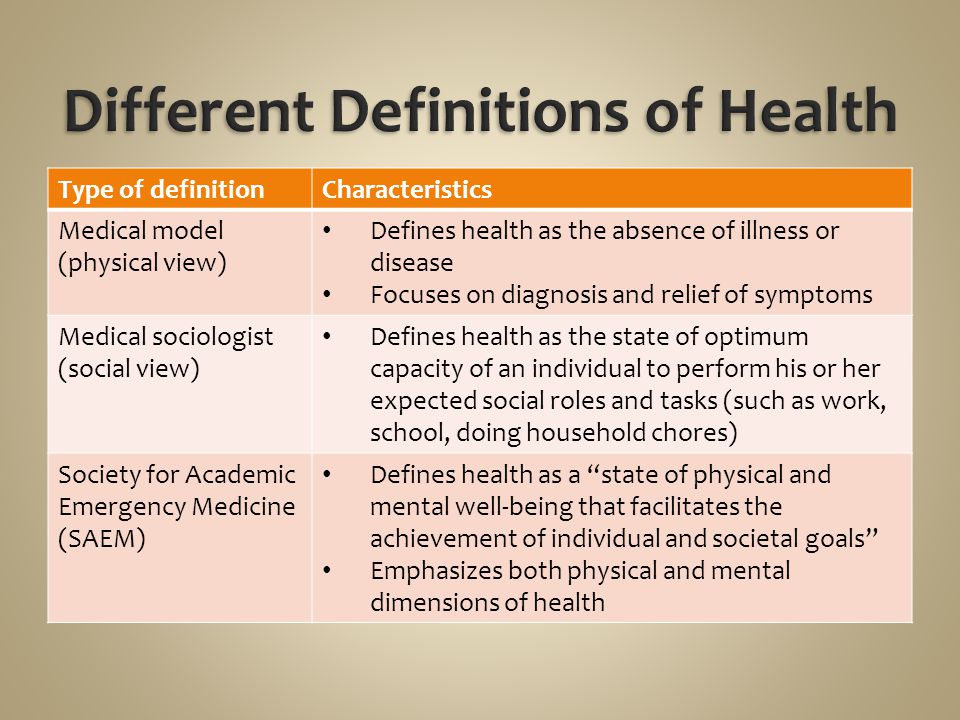 Because the increase the duration of training quite difficult, including economic reasons, remains increase its intensity. However, in In this case, there is a natural fear of information overload. By themselves, they pose no threat. for the psyche, since the brain has colossal processing capacity for large volumes of information and protection from it excess. But if the time it takes for its processing is limited, it causes severe neuropsychiatric tension -- informational stress. In other words, unwanted stress occurs when there is a speed mismatch the flow of information into the brain and social possibilities of a person. The most unpleasant thing is if the volume factors information and lack of time the third one joins - motivational: if the requirements for the child from parents, society, teachers are highly, then the self-defense mechanisms do not work brain (e.g., school avoidance) and As a result, there are information overload. However, special difficulties diligent children experience (for example, first-grader when performing a control work mental state consistent astronaut's condition during spacecraft takeoff).
Because the increase the duration of training quite difficult, including economic reasons, remains increase its intensity. However, in In this case, there is a natural fear of information overload. By themselves, they pose no threat. for the psyche, since the brain has colossal processing capacity for large volumes of information and protection from it excess. But if the time it takes for its processing is limited, it causes severe neuropsychiatric tension -- informational stress. In other words, unwanted stress occurs when there is a speed mismatch the flow of information into the brain and social possibilities of a person. The most unpleasant thing is if the volume factors information and lack of time the third one joins - motivational: if the requirements for the child from parents, society, teachers are highly, then the self-defense mechanisms do not work brain (e.g., school avoidance) and As a result, there are information overload. However, special difficulties diligent children experience (for example, first-grader when performing a control work mental state consistent astronaut's condition during spacecraft takeoff).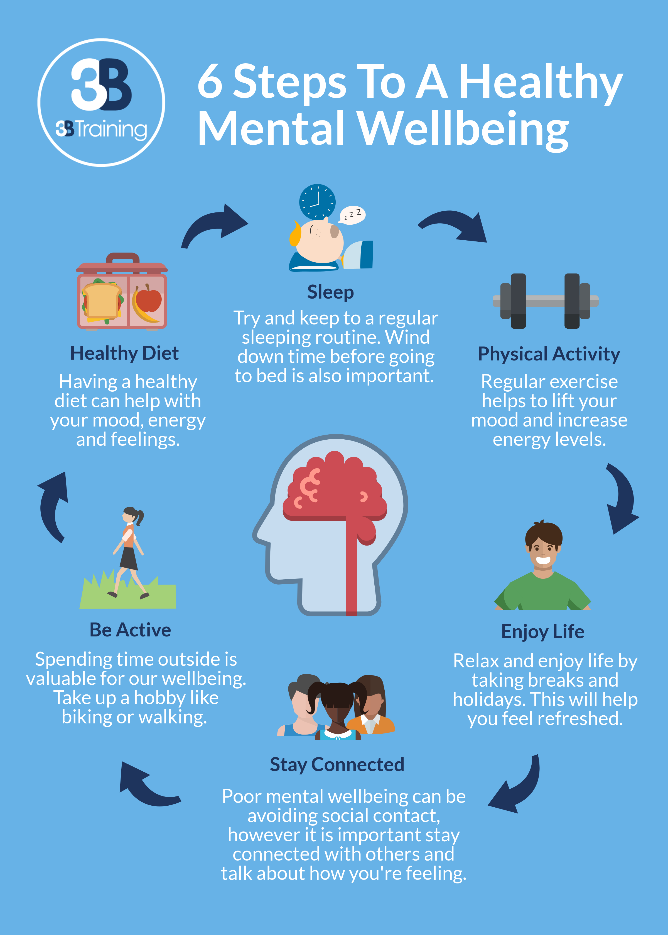 No less information overload create various types of professional activities (e.g. air traffic controller sometimes at the same time must control up to 17 aircraft, teacher - up to 40 individually various students, etc.). nine0003
No less information overload create various types of professional activities (e.g. air traffic controller sometimes at the same time must control up to 17 aircraft, teacher - up to 40 individually various students, etc.). nine0003
So Thus, numerous circumstances modern life lead to excessive strong psycho-emotional stress person causing negative reactions and conditions leading to neuroses disruption of normal mental activities.
Express assessment of mental health reveals psychological vulnerability - expert material, Lahta Clinic
testimony, do not receive appropriate support from doctors or psychologists in this regard. This is stated in a publication on the results of a new study at Aarhus University (Denmark). nine0003
The presence of specific psychological problems can be diagnosed if the physical examination is not limited to measuring blood pressure, cholesterol and waist circumference, but also focuses on mental health issues. The study was conducted by specialists from the University of Aarhus in support of an initiative put forward in the Danish commune of Randers, called "Check your health" and designed for the population aged 30 to 50 years. The results showed that out of almost 5,000 people who underwent preventive examinations, nine percent were psychologically vulnerable and thus constituted a risk group. More than half of them have not received any help from psychiatrists or psychologists due to their problems for at least the last year. nine0003
The results showed that out of almost 5,000 people who underwent preventive examinations, nine percent were psychologically vulnerable and thus constituted a risk group. More than half of them have not received any help from psychiatrists or psychologists due to their problems for at least the last year. nine0003
Subjects underwent standard anthropometric and diagnostic procedures (measurement of height, weight, blood pressure, blood sugar), but also answered a questionnaire, where they had to reflect their healthy lifestyle skills and assess their general state of health.
“The study identified a significant group of people who need help and who don't,” says Kristin Gatey, PhD student in the Department of General Medicine at the Faculty of Public Health at Aarhus University, under whose auspices the work was carried out. nine0053 An article reporting the results was recently published in Preventive Medicine Reports.
Knowledge should help the weakest
The study also found that a large proportion of people with mental disorders have incomplete education and low income, live alone - and have never received special help for their psychological problems.